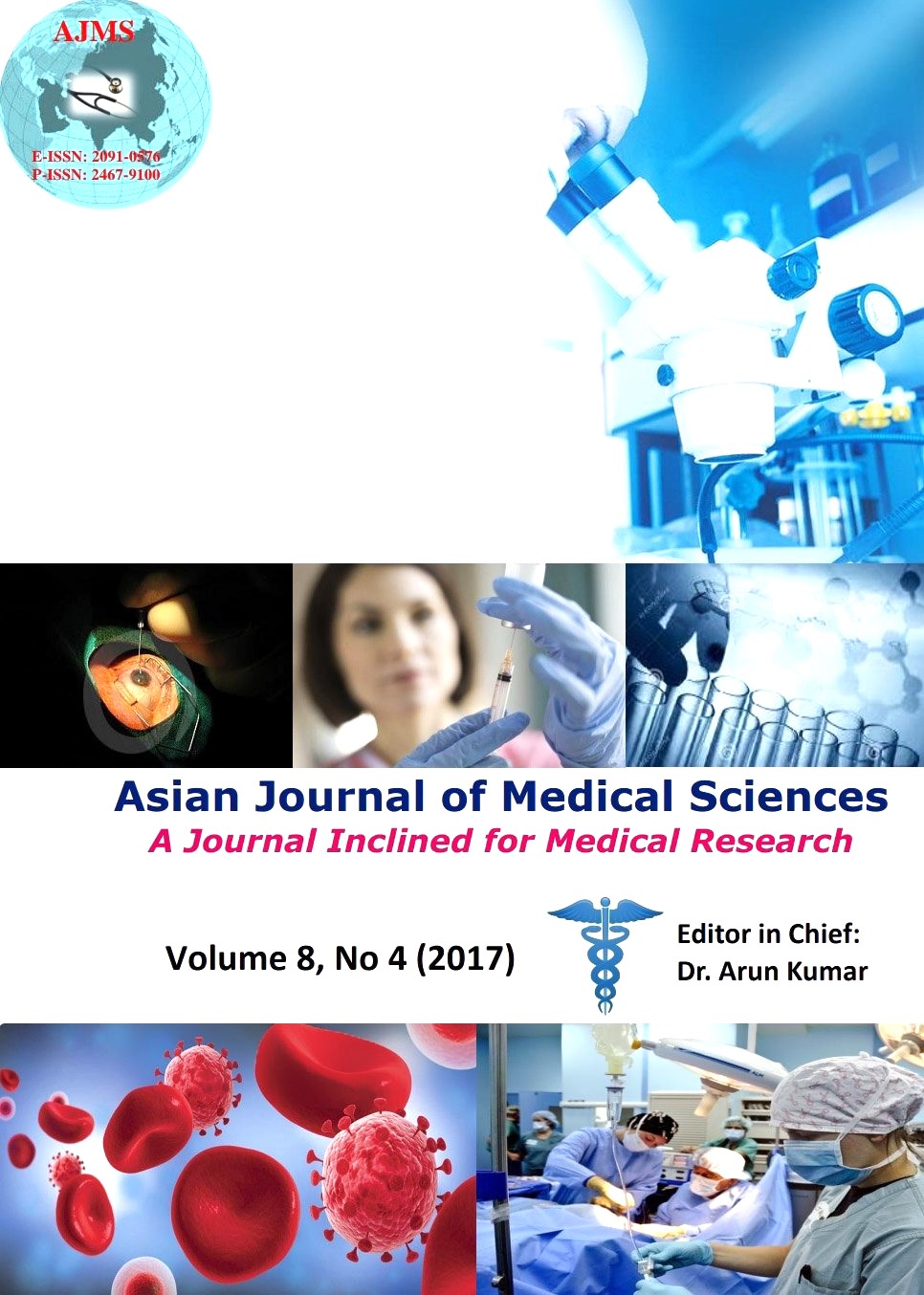Impact of formative assessment on the outcome of summative assessment – a feedback based cross sectional study conducted among basic science medical students enrolled in MD program
Keywords:
Formative assessment, Summative assessment, Learning gap, Deep learning, Academic performance, Feedback loopAbstract
Background: Assessment is an integral part of all forms of learning. Formative assessment in different forms have evolved as a mean to find the learning gaps (what students already know in compare to what they need to know). As a result it becomes possible to give appropriate feedback to the students to close this gap. Summative assessment on the other hand is purposefully designed to make judgments about students’ performance and produce grades.
Aims and Objectives: The main purpose of this study is to explore students’ view with regards to the impact of formative assessment on the outcome of summative assessment in basic science MD program.
Materials and Methods: A cross sectional descriptive study was conducted involving 142 students of an International medical school. A questionnaire was designed, pretested, and finally used to record different opinions of the students and data was collected, analyzed, and interpreted.
Results: Majority of the respondents (78%) favored that the feedback collected from formative assessment remains important for them as it helps to fill their learning gaps. Respondents by large (76.8%) also agreed that formative assessment helps the faculty to identify student’s weak point. A huge percentage (80.8%) of respondents was in agreement that formative assessment inspires them for deep learning and regular study. However, a fair number of respondents (36.4%) thought that frequently scheduled formative assessment impede their independent learning thus negatively impact their performance in summative exam.
Conclusion: Formative assessment if scheduled properly can have a positive impact on the summative assessment.
Asian Journal of Medical Sciences Vol.8(4) 2017 38-43
Downloads
Downloads
Published
How to Cite
Issue
Section
License
Authors who publish with this journal agree to the following terms:
- The journal holds copyright and publishes the work under a Creative Commons CC-BY-NC license that permits use, distribution and reprduction in any medium, provided the original work is properly cited and is not used for commercial purposes. The journal should be recognised as the original publisher of this work.
- Authors are able to enter into separate, additional contractual arrangements for the non-exclusive distribution of the journal's published version of the work (e.g., post it to an institutional repository or publish it in a book), with an acknowledgement of its initial publication in this journal.
- Authors are permitted and encouraged to post their work online (e.g., in institutional repositories or on their website) prior to and during the submission process, as it can lead to productive exchanges, as well as earlier and greater citation of published work (See The Effect of Open Access).




